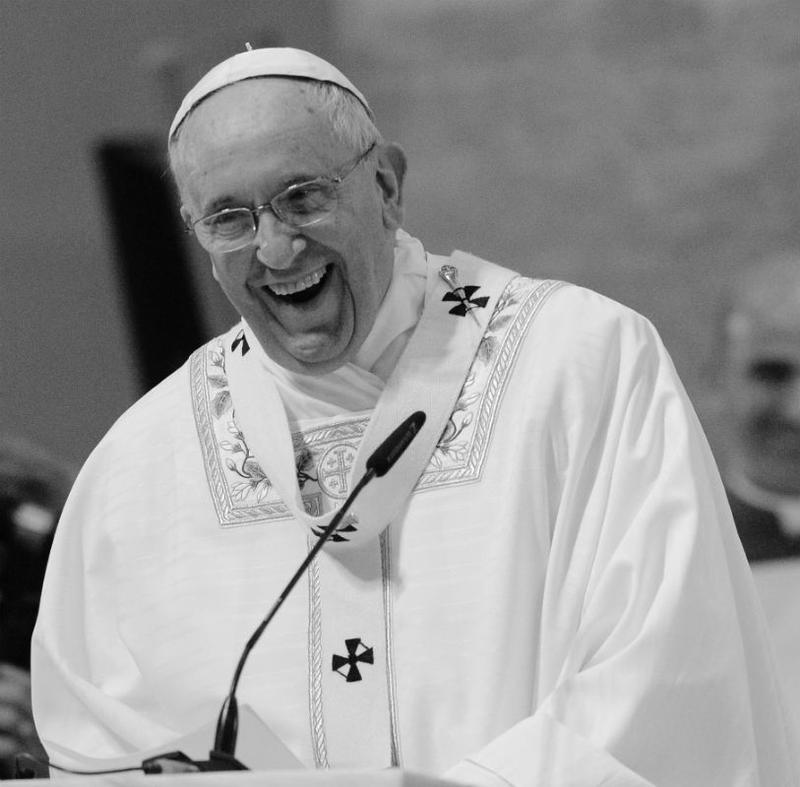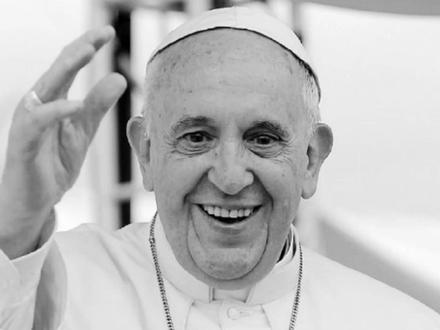Pope Francis, the beloved leader of the Roman Catholic Church and the first Pope from Latin America, has died aged 88. The Vatican announced his passing at 07:35 local time on Easter Monday, marking the end of a remarkable era in modern Catholicism. Despite recent health struggles, his sudden death has come as a shock to many. He had only just appeared in St Peter’s Square the day before to wish worshippers a joyful Easter, offering words of hope and peace.
A Life Devoted to Service

Born Jorge Mario Bergoglio in Buenos Aires, Argentina, on 17 December 1936, Pope Francis was the eldest of five children. His Italian parents fled fascist rule in their homeland in search of a better future. From a young age, Francis carried a strong sense of humility, working as a nightclub bouncer and floor cleaner before becoming a chemist. He later joined the Jesuit order, studied philosophy, and became a teacher of literature and psychology.
His journey into the priesthood began in earnest in the early 1970s, and by 1973, he had been appointed provincial superior of the Jesuits in Argentina. Even then, he was known for his simplicity, deep faith, and concern for the poor. His association with human rights activist Esther Ballestrino during Argentina’s brutal dictatorship left a lasting impact on him.
His Historic Papacy
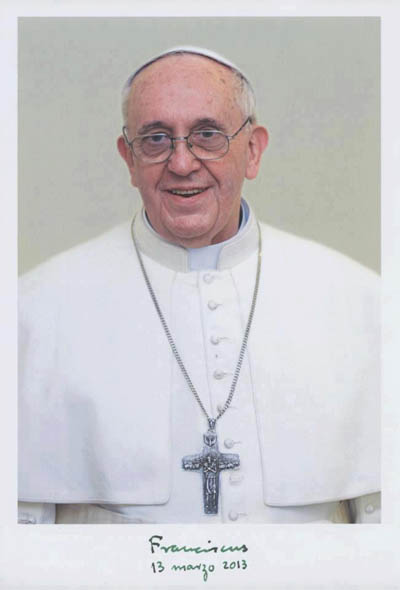
Elected in March 2013, Pope Francis was the first Jesuit pope, the first from the southern hemisphere, and the first non-European leader of the Catholic Church in more than 1,200 years. From the beginning, he set a new tone. He chose to live in the modest Casa Santa Marta rather than the grand papal apartments and paid his hotel bill after the conclave. He quickly became known for his warmth, simplicity, and disarming honesty.
His famous declaration—“Who am I to judge?”—in response to questions about gay priests, signalled a new openness within the Church. His words and actions reflected a leader grounded in compassion, humanity, and humility.
Champion of the Poor and the Planet
Pope Francis tirelessly advocated for the poor, the displaced, and the environment. He repeatedly warned of the dangers of corporate greed and social inequality, urging the world to embrace fairness and dignity for all. His 2015 encyclical Laudato Si’ addressed the climate crisis directly, calling on wealthy nations to take responsibility for the harm caused to the planet and its most vulnerable inhabitants.
He offered refuge to Syrian families, supported victims of modern slavery, and condemned human trafficking. He reminded the world that religion should be a force for peace, not violence, and warned against equating terrorism with Islam.
A Papacy Marked by Global Crises
During his 12-year papacy, Francis led the Church through a number of global tragedies and crises. He was firm in his stance on religious freedom, calling for tolerance and dialogue in an increasingly divided world. His final Easter message, read aloud by an aide, urged a ceasefire in Gaza and expressed concern over rising global antisemitism and the suffering in Ukraine.
Despite his age and chronic health issues, he remained deeply engaged. Just days before his death, he presided over Easter Mass and had a private meeting with US Vice-President JD Vance, a remarkable testament to his enduring commitment to duty.
Health Battles with Grace
Francis faced significant health challenges in his later years. In February this year, he was admitted to Rome’s Gemelli hospital with pneumonia in both lungs. Having already lost part of one lung in his youth, he was highly vulnerable to respiratory infections. He spent 38 days in the hospital but returned to the Vatican in March and resumed his duties with apparent vigour.
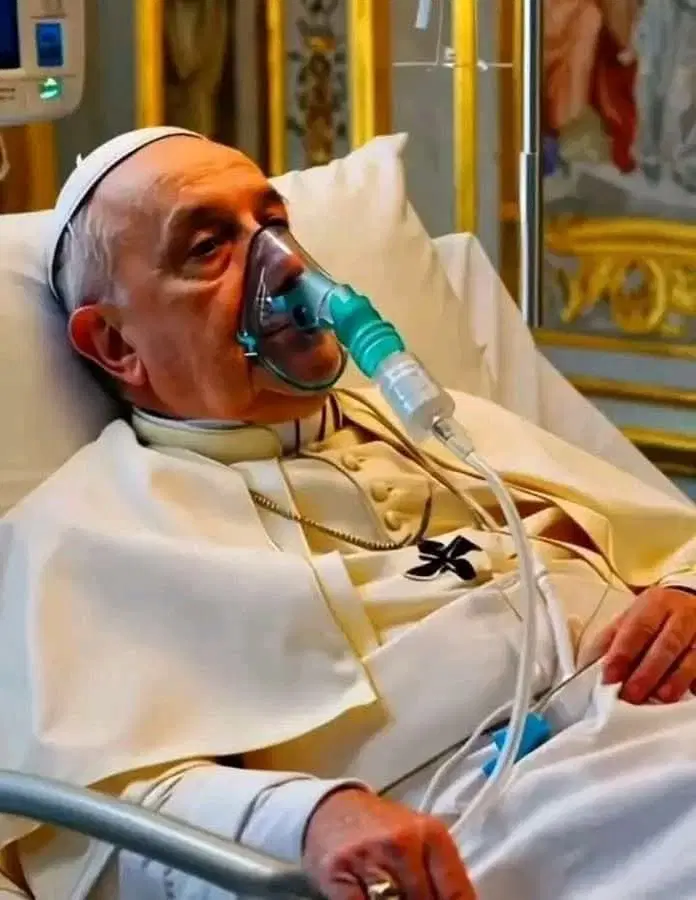
He also endured surgery in 2021 to remove part of his large intestine and again in 2023 for further intestinal issues. Nonetheless, he continued to lead—visiting prisoners, comforting the ill, and addressing crowds whenever he could. His resilience and dedication in the face of physical suffering left a deep impression on all who witnessed it.
Tributes from Around the World
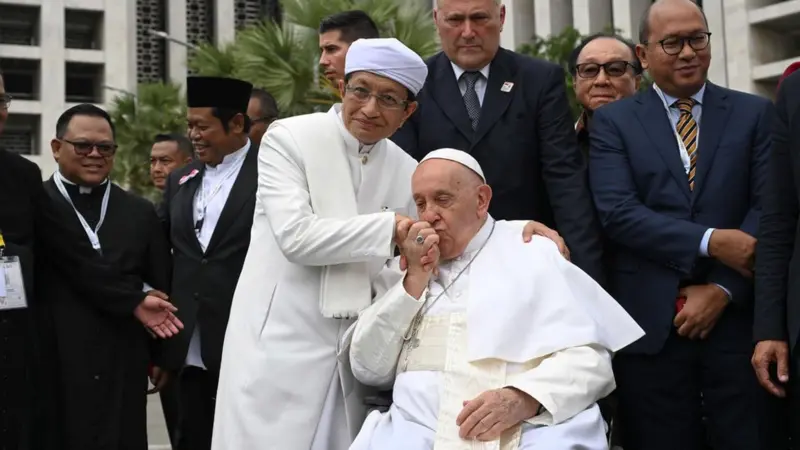
Leaders across the globe have expressed their sorrow and admiration. French President Emmanuel Macron remembered his “boundless compassion.” Indian Prime Minister Narendra Modi said he was “deeply pained,” while Egypt’s President al-Sisi described him as a “voice of peace, love and compassion.”
In the UK, tributes poured in from across the political spectrum. Conservative leader Kemi Badenoch praised his “humility and courage,” while Liberal Democrat leader Ed Davey called him a “leader of compassion.” Even those outside the Catholic faith respected the spiritual leadership he offered.
The Archbishop of York, Stephen Cottrell, said: “Francis showed us how to follow Jesus and encouraged us to go and do likewise.”
A Legacy of Hope and Humanity
Perhaps the most enduring image of Pope Francis is a man smiling warmly, reaching out to the marginalised, and refusing the trappings of wealth and privilege. He was often seen mingling with crowds in his open-sided popemobile, speaking directly to the young and urging them to value compassion over consumerism.
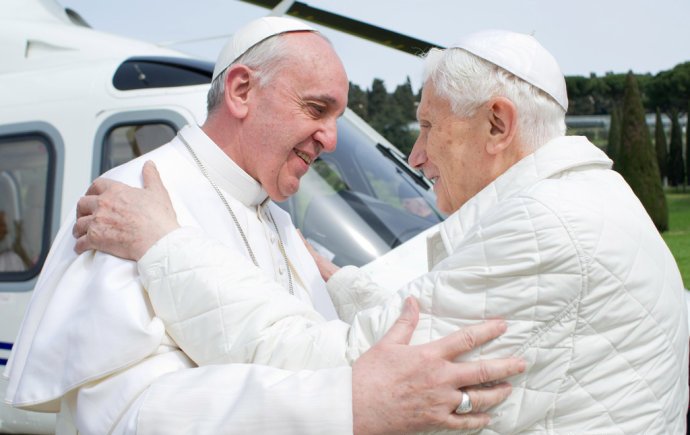
He famously once said that “happiness is not an app you can download,” encouraging a return to human connection in an increasingly digital world. His nearly 19 million followers on social media reflect his ability to reach across boundaries of age, class, and belief.
Farewell and What Comes Next
Francis had taken steps to simplify the rites for papal funerals, wishing for something modest and intimate. He had chosen his final resting place in the Basilica of Santa Maria Maggiore, where he often prayed before and after international trips.
Now begins the ancient process of selecting the next pope. Within 15 to 20 days, the College of Cardinals—about 138 electors—will gather in conclave inside the Sistine Chapel to choose the 268th pontiff.
Potential successors include Cardinal Matteo Zuppi, Cardinal Pietro Parolin, and Cardinal Luis Antonio Tagle. The outcome will determine whether Francis’s legacy of reform, compassion, and global engagement will continue or shift in a different direction.
A Final Blessing
Even at the end, Pope Francis gave everything he had. From the hospital bed to the balcony of St Peter’s, from the halls of power to the prisons of Rome, he lived a life fully devoted to others. His humility, his spirit, and his tireless work for peace will remain etched in the hearts of millions.
As we mourn his passing, we also give thanks for his extraordinary life—a life that, even in its final moments, taught us what it means to serve, to love, and to hope.
